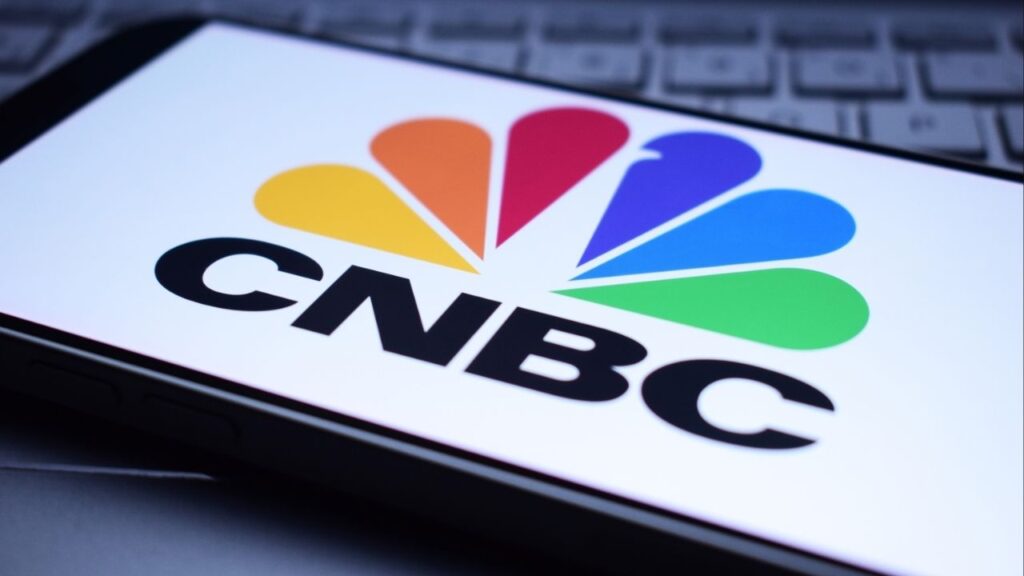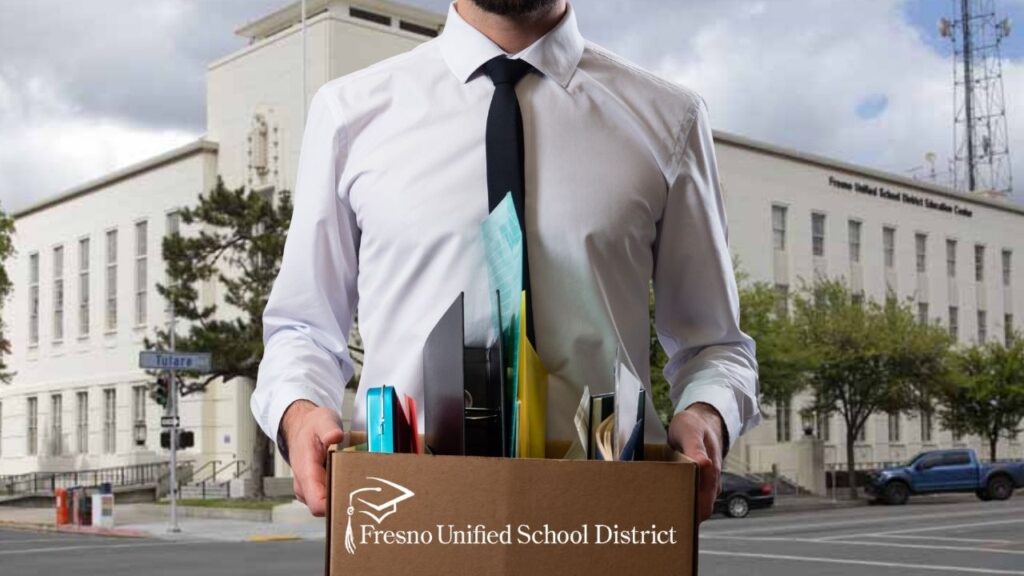Share
INGLEWOOD — The NFL committed the 2022 Super Bowl to the Los Angeles area back when the 298-acre stadium complex in Inglewood was still mostly a waterlogged hole in the ground.
That hole has long since been filled by the skeleton of a massive arena, and thousands of workers are making rapid weekly progress toward its grand opening in July 2020.
“We just couldn’t be more excited to have this stage for our biggest game,” said Peter O’Reilly, the NFL’s executive vice president of club business and league events. “It absolutely blows you away, the scale and the way this entire district will come to life. Today’s conversations really show that they’ve got the experts and the people here who understand what it takes to put on major events. We have incredible faith that the team here really understands what it means to put on a Super Bowl.”
The Los Angeles Rams and the Los Angeles Chargers will begin play in Inglewood next year, and the Super Bowl will follow the teams’ second season of residence. By that time, the league and the two teams plan to have every wrinkle ironed out of their operations when they welcome the entire pro football world back to LA.
“As the two teams learn from every event, we’ll be learning as well,” O’Reilly said. “Certainly sitting here today, unlike in a stadium that’s built, we can’t fully lock every little plan in. But that’s OK. It is 100% worth the wait.”
Most of Those Plans Are Still in the Preliminary Stages
The Packers beat the Chiefs in the first Super Bowl in 1967 at Los Angeles’ venerable Coliseum, a mere 8 miles northeast of the Inglewood project. The NFL has played seven Super Bowls around the LA area, but none since 1993 — less than two years before the Rams and Los Angeles Raiders simultaneously left town and ushered in a 21-year professional football drought in the nation’s second-largest metropolitan area.
“There’s so much history in Los Angeles around the Super Bowl,” O’Reilly said. “It was clear that once this stadium was out of the ground, (the Super Bowl) was going to come back here, and we have to do right by it.”
Most of those plans are still in the preliminary stages. The NFL could hold Super Bowl week events in the coastal Pacific cities, in bustling downtown Los Angeles or at numerous points elsewhere in the sprawling LA metroplex.
“We’ve got a lot of good variables,” O’Reilly said. “What’s probably changed the most since ’93 is that the Super Bowl is now a nine-day festival environment with all these components. You want to find ways for all the people who aren’t fortunate enough to be in here to experience the Super Bowl in their own way. That’s what we’re looking at.”
The Super Bowl is just one of many landmark events headed to Inglewood in the next decade. College football’s national championship game will be there in January 2023, followed by the opening and closing ceremonies of the 2028 Olympics. Along with two full slates of NFL games annually, the stadium will host a college football Los Angeles Bowl starting next year — and they’re also hoping to land World Cup matches in 2026.
The Complex is Twice as Big as Vatican City
Despite its incredible scope, the stadium already is roughly 75% complete, with most of the physical structure in place. Most of the remaining work is considered “finishes,” with hundreds of workers spending the next full year adding every detail necessary to open for business in 12 months.
That might be a slight exaggeration, but the entire multi-billion-dollar complex is twice as big as Vatican City and 3 ½ times bigger than Disneyland. Most of it should be complete in time for the Super Bowl, from the expansive outdoor mall to the league offices and studios amid eight acres of parks and a man-made lake.
The stylish roof, the seats, and the enormous Oculus video board will be installed over the next several months.
“Every time you come here, you can’t believe how different it is from even a month ago,” said Kevin Demoff, the Rams’ chief operating officer. “At this point, you can really get a sense for what this building is going to be like.”
Categories



















